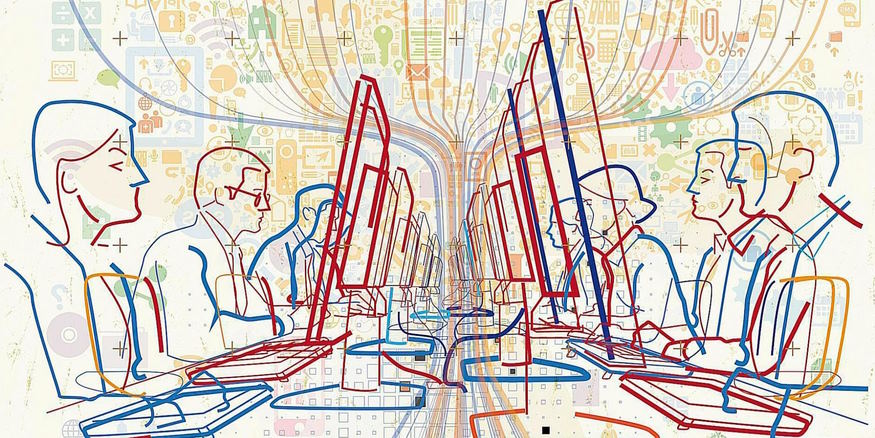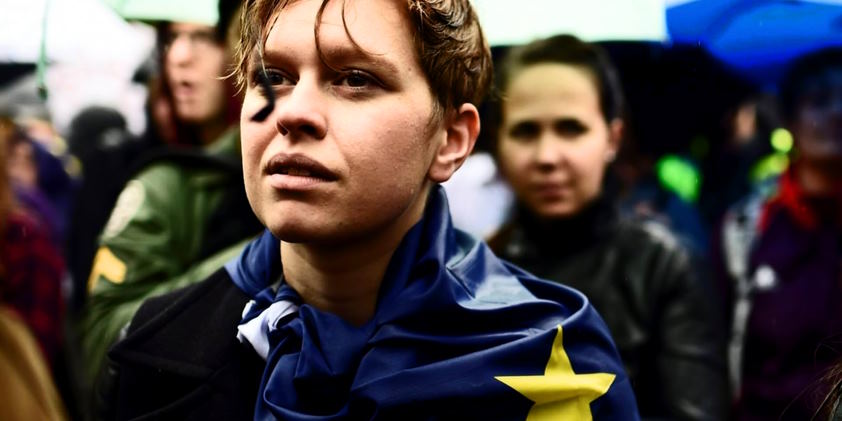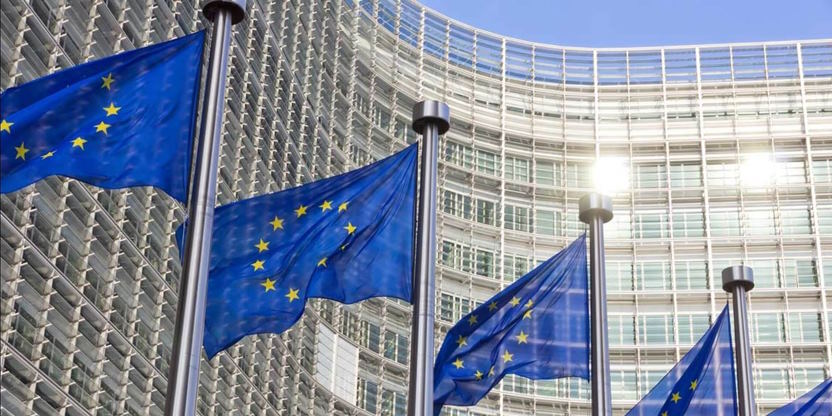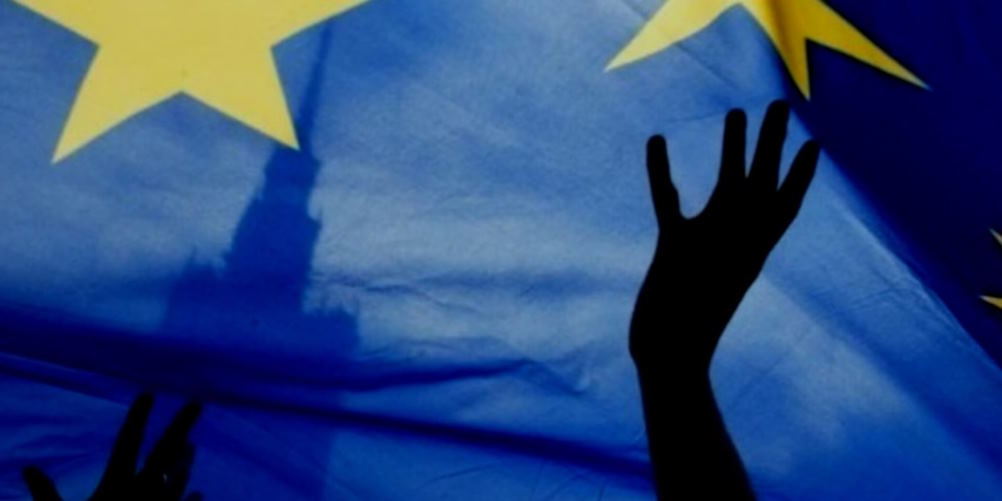Politics has always been an essential aspect of society, shaping the way people live and interact with each other. From ancient civilizations to modern democracies, political systems have evolved to reflect the changing needs and values of societies. In this article, we will explore the current state of politics in the world, focusing on the challenges and opportunities that lie ahead. From the rise of populism to the impact of technology on governance, we will examine some of the most pressing issues facing politics today. Through a comprehensive analysis of these topics, we hope to gain a better understanding of the complexities of modern politics and how we can work towards a more just and equitable future.
The Rise of Social Media in Politics
The use of social media in politics is not a new concept. The 2008 US presidential election saw the first major use of social media in a political campaign, with Barack Obama’s team utilizing social media platforms to mobilize young voters. Since then, social media has become integral to political campaigns worldwide, with politicians using platforms like Twitter, Facebook, and Instagram to communicate with their supporters, share their views, and promote their policies.

The Influence of Social Media on Public Opinion
Social media has given ordinary people a platform to voice their opinions and engage in political discourse. It has resulted in a democratization of politics, with individuals able to express their views and connect with like-minded individuals globally. However, social media has also significantly impacted public opinion, with information, both true and false, spreading rapidly and widely across social media platforms. It has led to concerns over the spread of misinformation, the impact of echo chambers, and the polarization of political views.
The Impact of Social Media on Political Campaigns
Social media has changed the way political campaigns are run. With the ability to reach millions of people with a single post, politicians can communicate their message and engage with their supporters in real time. Social media also allows targeted advertising, enabling campaigns to reach specific demographics with tailored messaging. However, social media has also increased focus on image over substance, with the rise of “clickbait” headlines and sensationalist content.
In summary, social media has fundamentally changed the political landscape, providing a platform for citizens to participate in politics and engage with their elected representatives. However, this transformative technology has also brought with it challenges, including the spread of fake news and the creation of echo chambers that reinforce existing beliefs. As we continue to grapple with the implications of social media on politics, it is crucial to maintain a critical perspective and explore ways to harness the potential of this tool for positive change while mitigating its negative effects. Ultimately, the impact of social media on politics will depend on how we choose to use it, and it is up to us to ensure that it is used in ways that promote transparency, accountability, and democratic values.





































